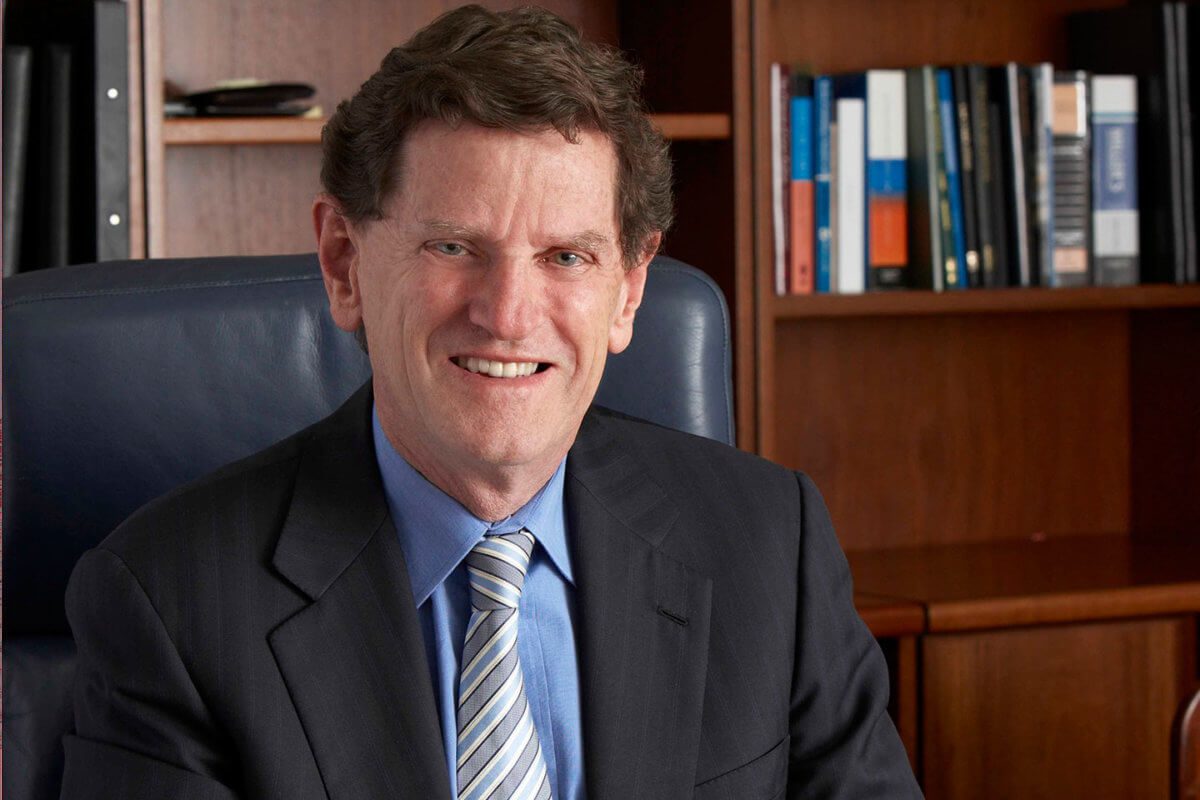The Morrison government has announced an enquiry into free speech on Australian university campuses. This enquiry will be led by former High Court chief justice Robert French who has previously ‘warned universities face the risk of legislative intervention unless they provide a robust defence of free speech on campus’.
In light of the recent commotion over visiting academic Dipesh Chakrabarty, whose allegations of sexual harassment had many in the student body calling for the cancellation of his engagement, this issue is one which stands to be of great importance to many students.
The enquiry could result in the ‘development of an Australian version of the Chicago Statement’, said Education Minister Dan Tehan. The Chicago Statement is designed to ensure universities are committed to upholding the right to free speech on their campuses.
When reached for comment on this enquiry Vice Chancellor Brian Schmidt said that he believed that ‘ANU is a place which welcomes discussions on issues made in good faith by our staff, students and invited experts.’ and that he believes ‘the same is true at almost all universities across Australia.’
This comes after La Trobe University recently banned and then lifted the ban on speaker Bettina Arndt in the face of protest from its student body. Her speaking engagement at the University of Sydney was also met with protest.
ANUSA Women’s Department Officer, Laura Perkov, asserts that ‘[f]reedom of speech does not mean a right to a platform. Freedom of speech does not mean a right to spread hate speech,’ and adds that ‘[u]sing trigger warnings does not stifle debate – in fact, it provides a way for people who might not otherwise be able to engage in a discussion to do so in a way that is safe and supported’ such as those who have experienced trauma or suffer from PTSD.
On the other hand it has been suggested by Pursuit, a University of Melbourne publication, that:
‘Controversial speakers are to be welcomed even where their views may upset and offend. However, it’s also reasonable – and may even be required – for universities to ensure that speakers respect scholarly standards, that opposing arguments are addressed, and the opportunity given for the audience to ask questions or make comments.’
ANU Chancellor Gareth Evans agrees that the right to free speech should be protected, and in doing this so is the right to protest as a form of free speech in its own right. He recently spoke at the 11th National Conference on University Governance where he said that at ANU they have ‘taken the view that if we are serious about free speech – which must mean allowing views we might find abhorrent to be heard – it would be unconscionable to make either those sponsoring the speech, or those wanting to protest against it, to pay for their exercising their rights.’
At the end of French’s four month enquiry we can expect to see the extent to which free speech is being protected or the extent to which it is vulnerable on Australian university campuses, and whether this will lead to the establishment of the Australian equivalent of the Chicago Statement.
We acknowledge the Ngunnawal and Ngambri people, who are the Traditional Custodians of the land on which Woroni, Woroni Radio and Woroni TV are created, edited, published, printed and distributed. We pay our respects to Elders past and present. We acknowledge that the name Woroni was taken from the Wadi Wadi Nation without permission, and we are striving to do better for future reconciliation.
